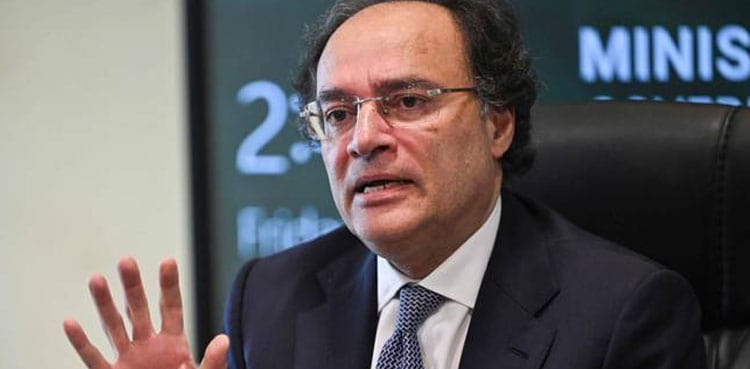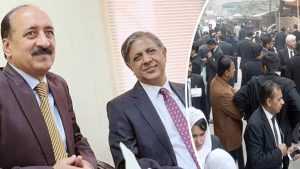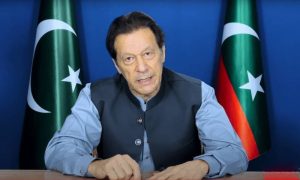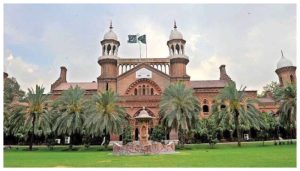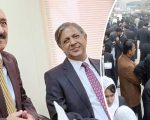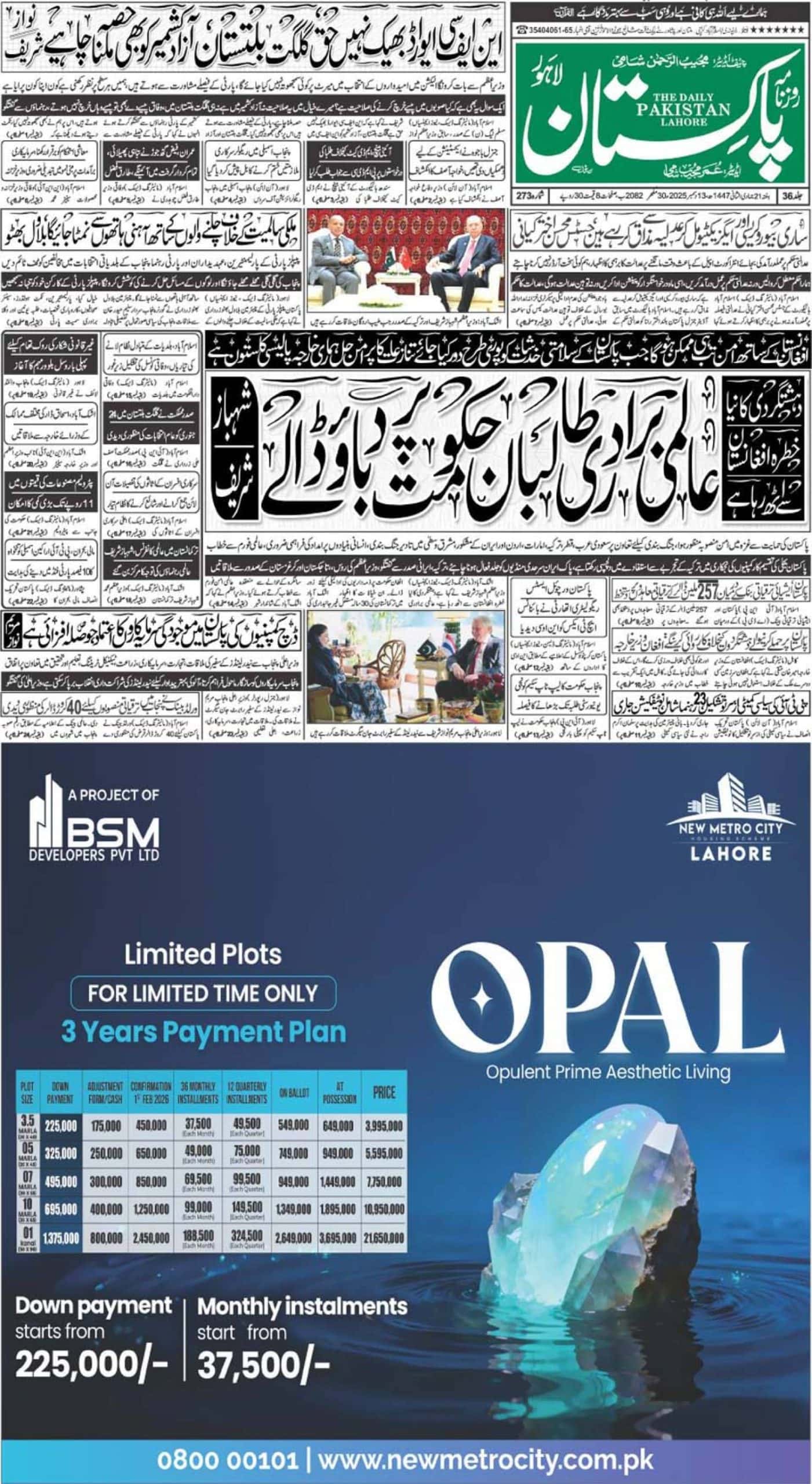In a significant press conference held in Islamabad, Finance Minister Muhammad Aurangzeb shed light on Pakistan’s economic landscape, emphasizing the nation’s reliance on the International Monetary Fund (IMF) program. Standing alongside key officials including Minister of State for Finance and Power Ali Pervez Malik and Secretary Finance Imaduddin Bosal, Aurangzeb addressed the challenges encountered during the fiscal years 2022 and 2023.
Aurangzeb reiterated that apart from the IMF program, there are no viable alternatives in sight, underscoring the critical nature of the ongoing nine-month program initiated by the Prime Minister. Reflecting on the economic turmoil experienced during the stated period, Aurangzeb cited a significant 29% devaluation of the national currency, highlighting it as the lowest exchange rate recorded, which set the stage for a challenging economic journey.
While acknowledging various objectives on the horizon, Aurangzeb emphasized that the current juncture marks the beginning of a new chapter under the leadership of the newly elected government helmed by Prime Minister Shehbaz Sharif. Drawing from his prior experience in the private sector, Aurangzeb emphasized that the IMF remains the last resort, underscoring the absence of alternative contingency plans.
Commending the Prime Minister’s decision to initiate the nine-month stand-by arrangement program, Aurangzeb stressed its pivotal role in igniting discussions on economic objectives. He noted that without this program, the nation would have faced a markedly different economic reality, prompting divergent deliberations.
Aurangzeb provided insights into the economic performance, highlighting challenges faced by various sectors. While large-scale manufacturing experienced setbacks, the agricultural sector demonstrated resilience, boasting a notable 6.3% growth owing to bumper outputs of staple crops including wheat, cotton, and rice.
Focusing on fiscal matters, Aurangzeb pointed out a remarkable 30% surge in tax collections by the Federal Board of Revenue (FBR), indicating positive strides in revenue generation. He underscored that despite prevailing challenges, Pakistan maintains a primary surplus, with provinces also contributing to this financial stability.
Aurangzeb delved into the nation’s current account deficit, estimating it at $6 billion, with only a marginal $200 million remaining. He highlighted months where the current account maintained a 3% surplus, signaling a positive trajectory.
Attributing currency stability to government initiatives, Aurangzeb emphasized the administration’s vigilance in combatting illegal financial activities, including hundi/hawala transactions and smuggling. He credited these efforts, alongside an assessment of Afghan transit trade, for bolstering currency stability.
In conclusion, Aurangzeb stressed the structural significance of the State Bank and highlighted its supportive role in facilitating exchange companies, underscoring ongoing efforts towards economic resilience and stability.

